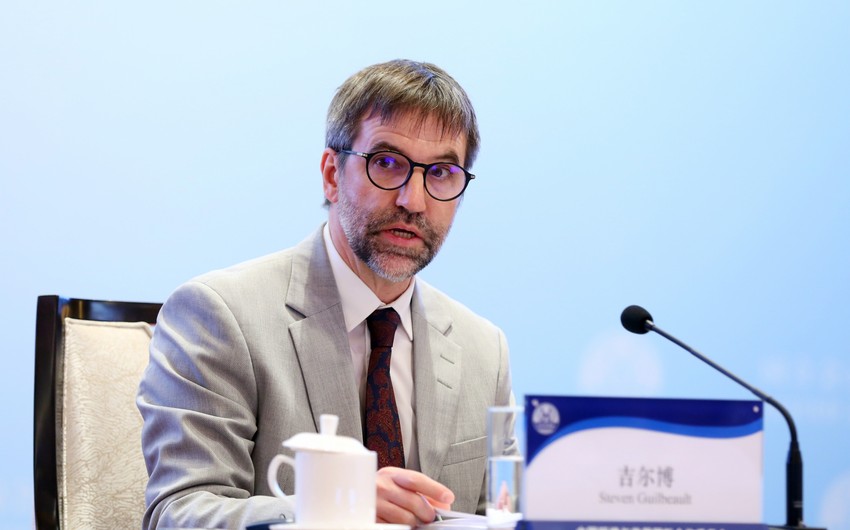Canada has extensive freshwater resources, wetlands, and important northern territories, Canada's Minister of Environment and Climate Change, Steven Guilbeault, said at the "Special Events on Nature and Climate" session during COP29, according to Report.
However, climate change is having a devastating impact on natural environment, he said, adding that Canada has seen record-breaking forest fires, especially in the North, which primarily affect indigenous peoples.
By 2030, Canada commits to protecting at least 30% of its lands, waters, and glaciers to keep the planet livable, he said, adding that to this end, following COP15, the country established the Nature Champions Network to accelerate the implementation of the Kunming-Montreal Global Biodiversity Framework, where Canada and China serve as co-chairs.
The Canadian minister urge those who haven't joined yet to join them.
Guilbeault also recalled the "Projects for Permanence" model developed during COP16. According to him, this approach puts indigenous peoples at the center of the initiative, also involving government, private investors, and charitable organizations.
Canada has just launched taxonomic principles in Canada to attract investors to environmentally sustainable projects and phase out fossil fuel subsidies, the minister said, adding that the country is currently the only G20 country to have eliminated such subsidies, as all G20 countries committed to do by 2025.


 https://static.report.az/photo/c8c26084-8511-3553-913c-640c32c40fe9.jpg
https://static.report.az/photo/c8c26084-8511-3553-913c-640c32c40fe9.jpg

